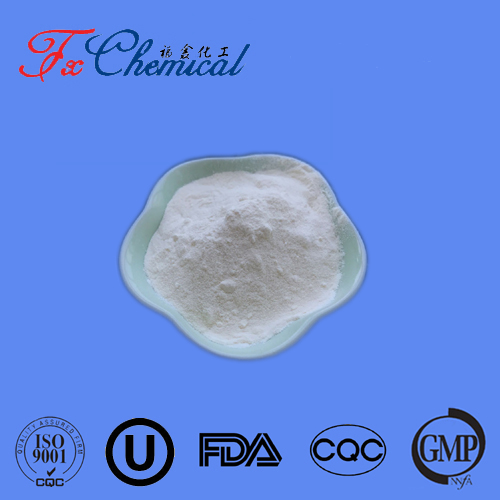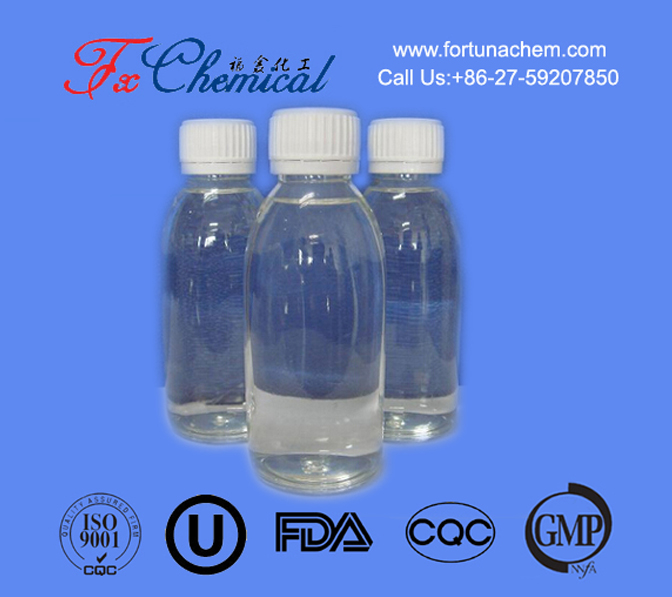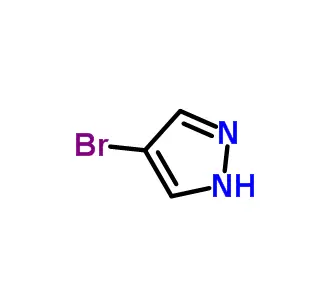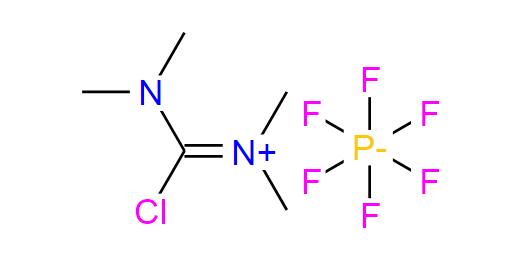
Search

Search

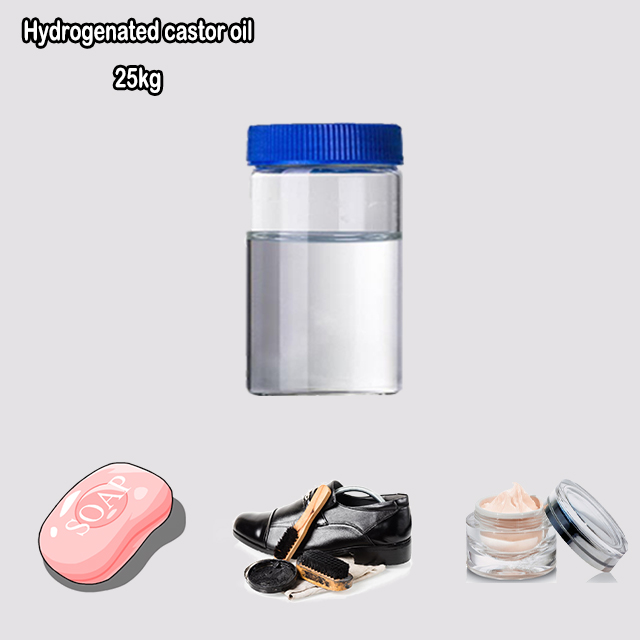
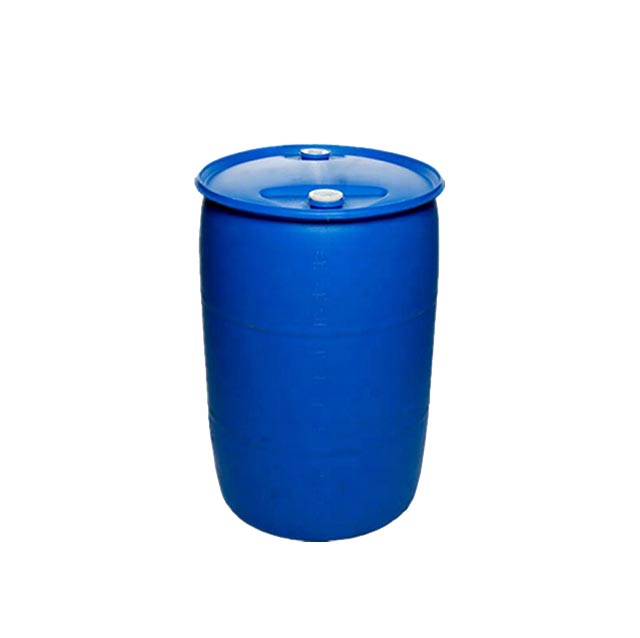
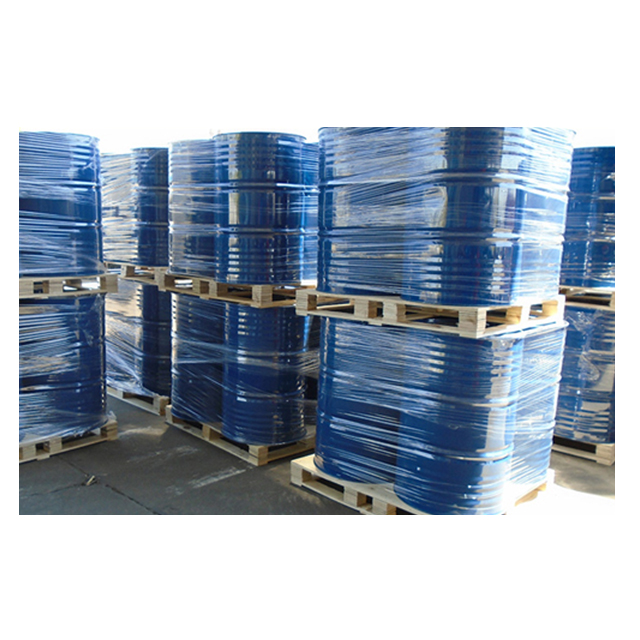
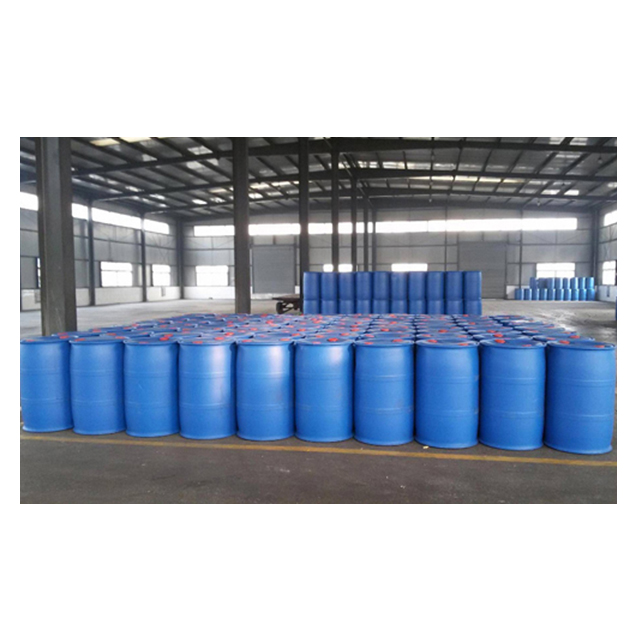
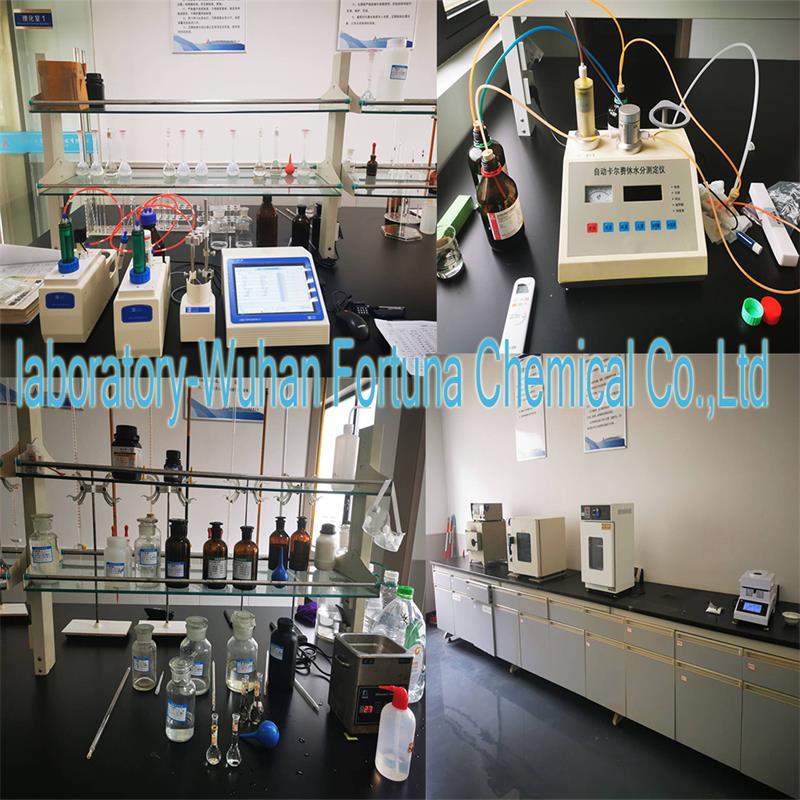





Hydrogenated castor oil is a solid, waxy substance made by treating liquid castor oil with hydrogen. This process saturates the oil, raising its melting point and turning it into a hard, brittle wax. It retains beneficial hydroxyl groups, making it an excellent thickener, stabilizer, and opacifier. It is widely used in cosmetics (lipsticks, creams), pharmaceuticals (pill coatings), and industry (high-performance greases, lubricants) for its non-toxic and versatile properties.
Items | Specifications | Results |
Appearance | Fine,almost white or pale yellow powder or almost white or pale yellow masses or flakes. | White powder |
Solubility | Practically insoluble in water,slightly soluble in methyene chloride,very slightly soluble in anhydrous ethanol,practically insoluble in light petroleum. | Consistent with the regulations |
Identification | Melting point:83-88℃ | 86-87℃ |
Acid value | 1.7 | |
Hydroxyl value | 145~165 | 161 |
Iodine value | Maximum 5.0 | 1.8 |
Alkaline impurities | Not more than 0.2 mL of 0.01M hydrochloric acid is required to change the colour of the indicator to yellow. | Undetected |
Conclusion | According to the EP10.0 detection results are in accord with the provisions | |
Attention | For Laboratory use only , not for drug and other uses. | |
Hydrogenated castor oil is a waxy, solid substance produced by treating regular liquid castor oil with hydrogen gas in the presence of a catalyst (a process called hydrogenation).
This chemical process adds hydrogen atoms to the fatty acid chains of the oil, saturating the carbon bonds and converting it from a liquid to a solid fat.
Chemical Family: Fatty alcohol, triglyceride ester.
INCI Name: Hydrogenated Castor Oil (common in cosmetics)
Other Names: Castor wax, opalwax. Its chemical derivative, ricinoleic acid hydroxystearate, is also a key ingredient.
Source - Castor Oil: Regular castor oil is unique because nearly 90% of its fatty acid content is ricinoleic acid. This is an unusual 18-carbon fatty acid with a hydroxyl (-OH) group on its 12th carbon, which gives castor oil its distinctive properties.
The Reaction: During hydrogenation, hydrogen gas is bubbled through the warm, liquid castor oil. The catalyst (often nickel) facilitates the reaction.
The Change: The hydrogen atoms add across the double bonds in the ricinoleic acid chains. This saturates the molecule, removing its reactivity at those sites and dramatically raising its melting point.
The Result: The final product is a hard, brittle, high-melting wax that retains the valuable hydroxyl (-OH) groups from the original ricinoleic acid.
Key Transformation:
Castor Oil (liquid): Unsaturated fatty acids (with double bonds) → low melting point, reactive.
Hydrogenated Castor Oil (solid wax): Saturated fatty acids (no double bonds) → high melting point, stable, but retains hydroxyl functionality.
The hydrogenation process gives this material a unique set of properties that make it highly useful:
Physical Form: Hard, brittle, opaque wax. It can be flaked or powdered.
High Melting Point: Typically between 85°C and 88°C (185°F - 190°F), which is much higher than most other waxes.
Solubility: Insoluble in water but soluble in many common organic solvents when heated (e.g., chlorinated hydrocarbons, aromatics, and hot alcohol).
Functionality: The retained hydroxyl (-OH) groups are the key to its usefulness. They allow it to be:
Chemically modified to create a wide range of derivatives.
A great emulsifier and stabilizer, as the hydroxyl group is hydrophilic (water-loving) while the long fatty chain is lipophilic (oil-loving).
Hydrogenated castor oil is an incredibly versatile ingredient found in a vast array of industries.
1. Cosmetics and Personal Care:
This is one of its largest applications. It acts as:
Opacity Agent & Thickener: Makes lotions, creams, and lipsticks opaque and gives them a rich, creamy consistency.
Stabilizer: Helps stabilize emulsions (mixtures of oil and water), preventing them from separating.
Viscosity Modifier: Increases the thickness of formulations.
Emollient: Provides a protective barrier on the skin.
Found in: Lipsticks, makeup, deodorants, shampoos, conditioners, moisturizers, and soaps.
2. Pharmaceuticals:
Coating Agent: Used to create enteric coatings on pills and tablets. This coating prevents the pill from dissolving in the stomach (which can cause nausea or degrade the drug) and allows it to dissolve only in the intestines.
Ointment Base: Used as a stiffening agent and stabilizer in medicated ointments and creams.
3. Industrial and Manufacturing:
Greases and Lubricants: It is a key component in high-performance lithium-based greases used in cars, airplanes, and machinery. Its high melting point means the grease won't melt under high temperatures and pressure.
Coatings and Inks: Used as a rheology modifier (to control flow and anti-sag properties) in paints, varnishes, and printing inks.
Plastics: Acts as an internal lubricant and processing aid in plastics manufacturing.
Textiles: Used in finishing and coating fabrics.
4. Food Industry:
Food Glaze & Coating: Sometimes used as a coating for confectionery, fruits, and vitamins to protect them and give them a shiny appearance (often listed as E907).
Release Agent: Prevents food from sticking to surfaces during processing.
Regulatory Status: Hydrogenated castor oil is generally recognized as safe (GRAS) for use in food and approved for use in cosmetics and pharmaceuticals by regulatory bodies like the FDA.
Non-toxic and Biodegradable: It is considered a non-irritating and safe ingredient for topical use. However, as with any substance, allergic reactions, though rare, are possible.
In short, hydrogenated castor oil is a versatile, solid wax created by hardening regular castor oil. Its unique combination of a waxy structure and reactive hydroxyl groups makes it an invaluable ingredient for:
Thickening and stabilizing cosmetics.
Coating pills for targeted drug delivery.
Formulating high-temperature industrial greases and lubricants.
Modifying the properties of paints, inks, and plastics.
It is the chemical modification of a natural product (castor oil) that unlocks a wide range of functional applications across numerous industries.
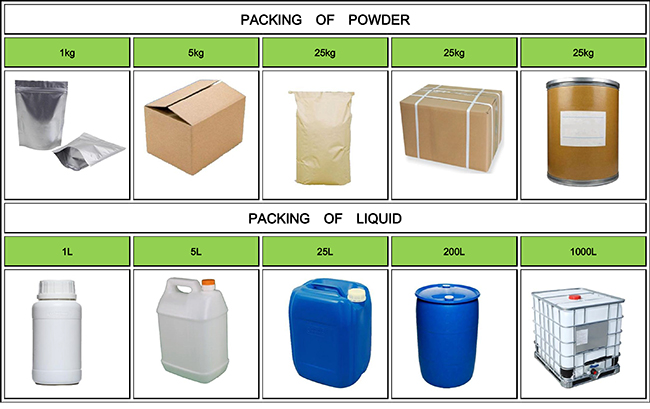
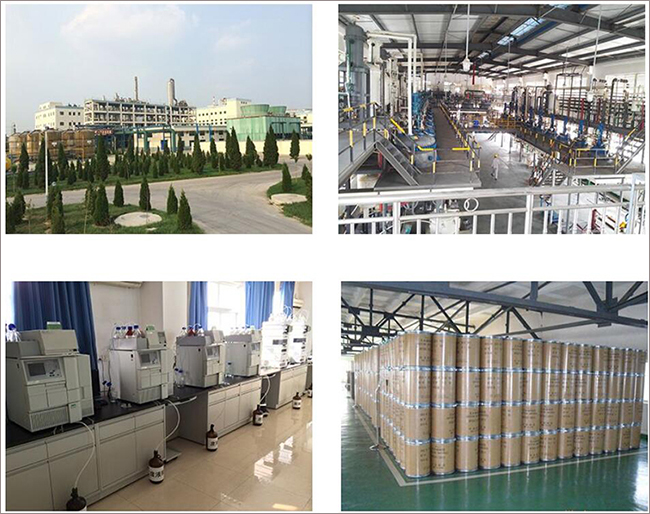
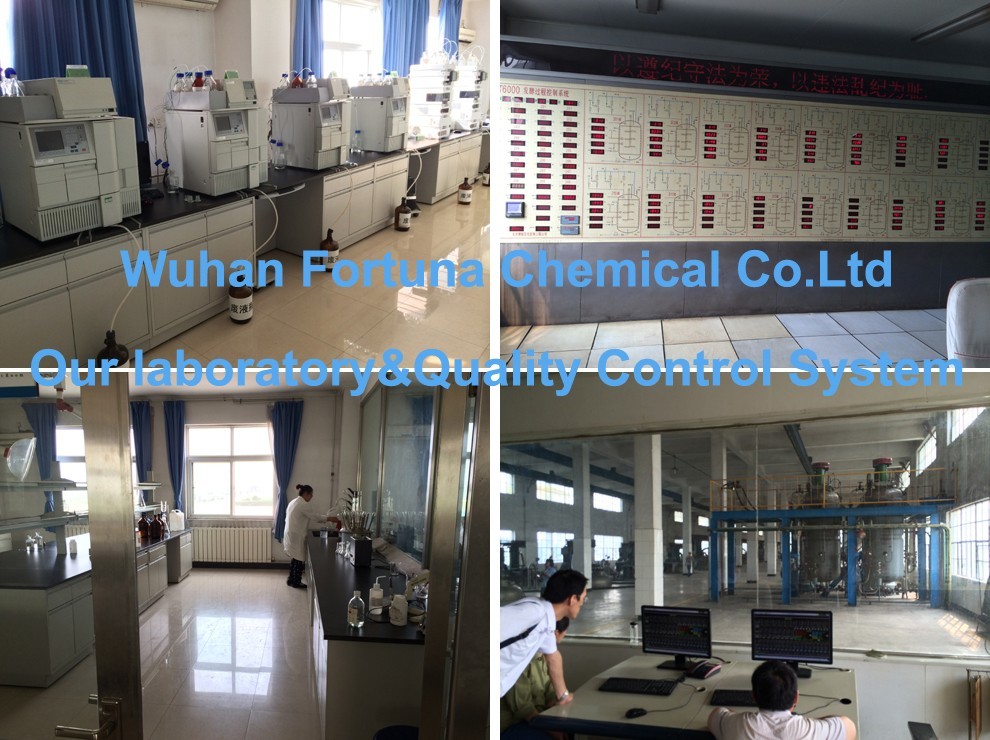

Fortunachem Provides Not Only Professional Chemical Products But Also Professional Help
Keeping you up-to-date with all the latest information, news, and events about Fortunachem!

Quick Links
Add:
E-mail:
 English
English  Español
Español  français
français  العربية
العربية 